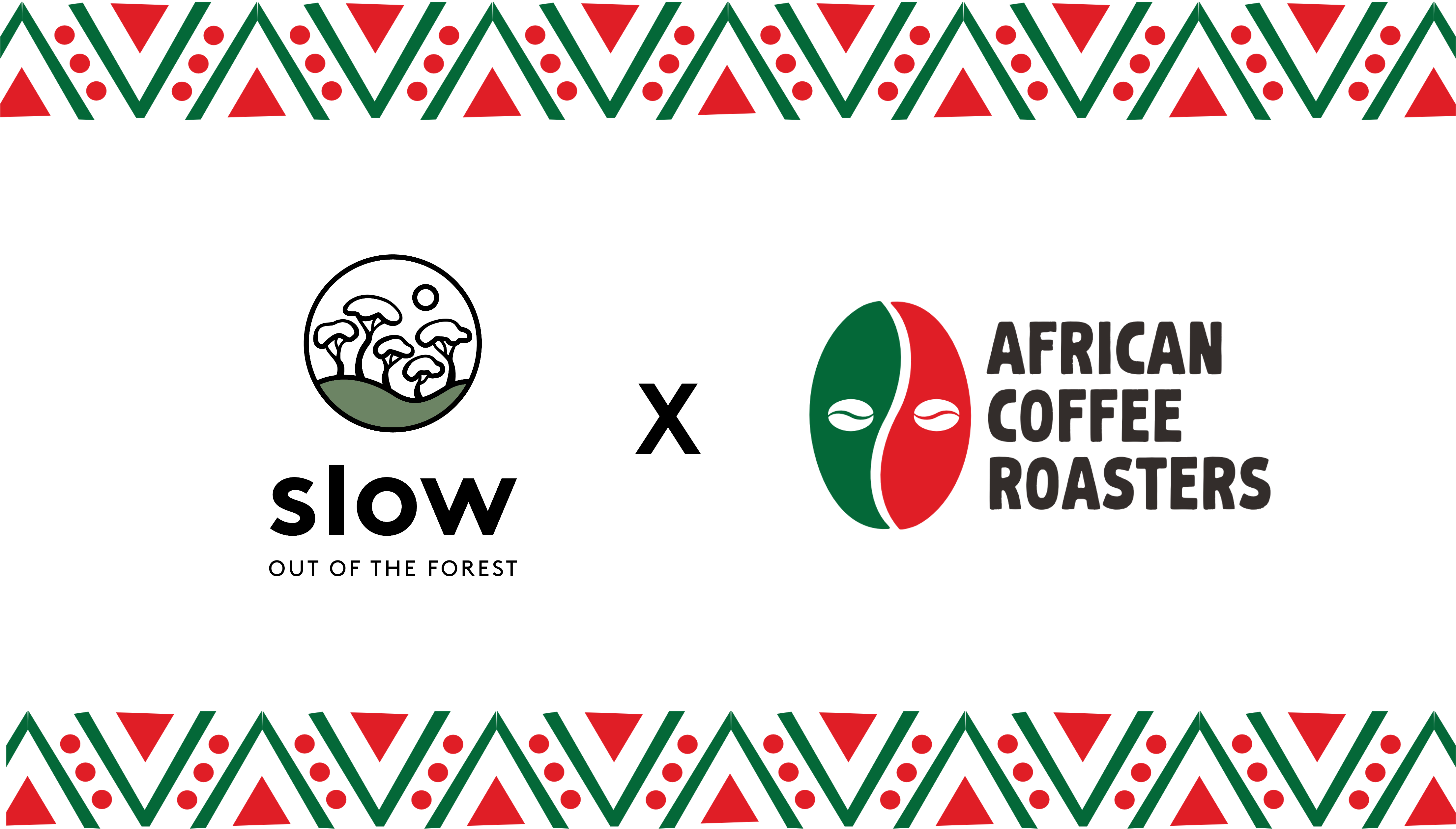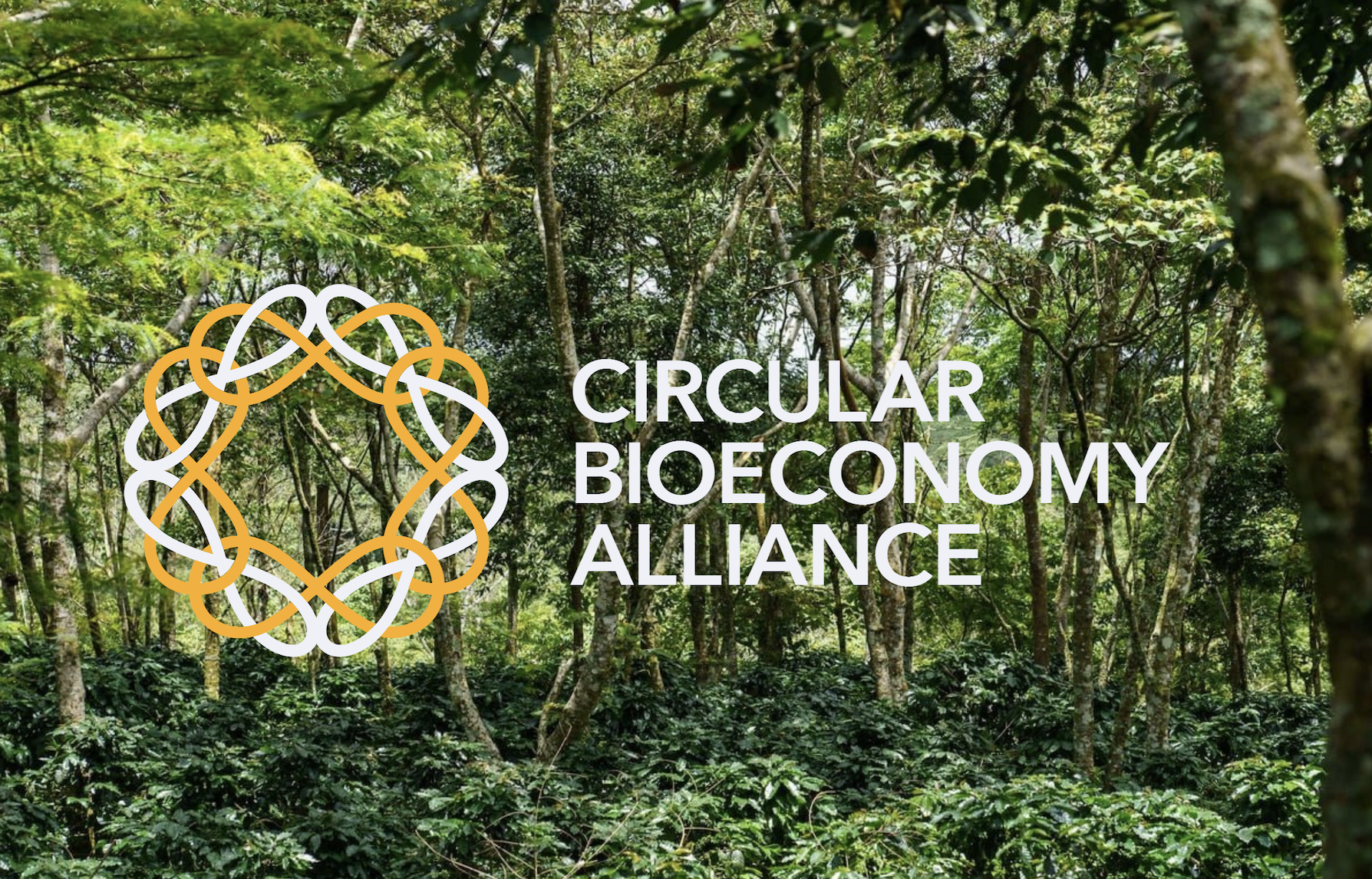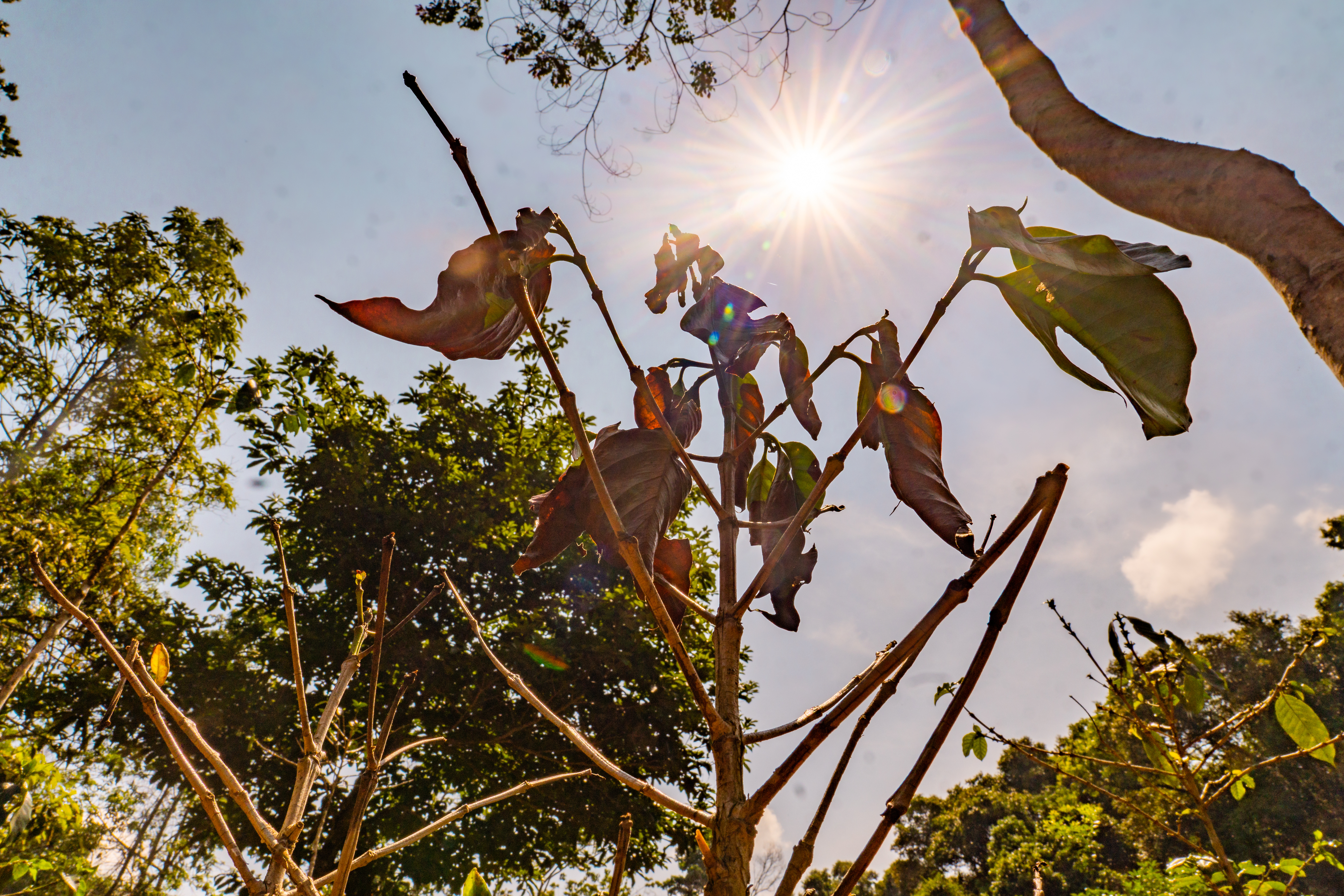Slow acquires African Coffee Roasters – A New Era for Sustainable Coffee
Big news from Slow. African Coffee Roasters is now part of the Slow family. And this isn’t just an acquisition—it’s a major step forward in how...
In today's rapidly evolving business environment, sustainability has transitioned from being a mere buzzword to a strategic necessity. Companies are now challenged to weave sustainable practices into every thread of their operations—from sourcing raw materials to managing complex supply chains. The specialty coffee industry stands as a shining example of how sustainable development can be achieved without sacrificing quality. Leading this movement is Slow, a brand that epitomizes sustainability in every aromatic cup of specialty coffee we offer.

© Slow/Dedy Febriyono
Specialty coffee isn't just about exceptional taste; it's a revolution in how coffee is sourced and produced. Brands like Slow are at the forefront, championing ethical sourcing and direct trade relationships. By engaging directly with coffee farmers who employ sustainable farming methods, we ensure that these growers receive fair compensation. This not only uplifts farming communities economically but also incentivizes the preservation of ecosystems through practices like agroforestry and organic farming.
A cornerstone of our sustainability efforts is our commitment to reforestation at the source—the farms where coffee is grown. By integrating tree-planting initiatives into our supply chain, we actively work to restore habitats lost to harmful monoculture farming. These upstream reforestation projects safeguard biodiversity, enhance soil health, combat erosion, and create vital wildlife corridors. This approach addresses sustainability where it has the most significant impact: at the origin of production.
For businesses aiming to bolster their sustainable development practices, partnering with coffee suppliers like Slow offers a tangible way to align with environmental goals and enhance their Environmental, Social, and Governance (ESG) profiles—a factor increasingly scrutinized by investors and stakeholders.
One prevalent misconception is that sustainability comes at the expense of profitability. Specialty coffee enterprises like Slow debunk this myth by demonstrating that eco-friendly practices can coexist with, and even drive, financial success. By focusing on upstream sustainability—such as supporting reforestation and sustainable farming methods—we ensure the long-term viability of coffee production while maintaining unparalleled coffee quality.
Embracing these upstream practices doesn't just benefit the planet; it resonates with a growing market of eco-conscious consumers.
For corporations embarking on or enhancing their sustainability journey, change doesn't have to be overwhelming. Sometimes, it begins with a simple step—like switching your office coffee supplier. Choosing a partner like Slow not only ensures a superior coffee experience for employees and clients but also reflects a commitment to supporting a sustainable supply chain that prioritizes impactful upstream initiatives.

© Slow/Dedy Febriyono
In an era where transparency and accountability are paramount, integrating Corporate Social Responsibility (CSR) into business strategies is non-negotiable. Specialty coffee from responsible suppliers like Slow offers companies a unique opportunity to make a meaningful impact. By supporting farmers who practice sustainable agriculture and engage in reforestation efforts, businesses contribute to the economic development of rural communities and promote environmental stewardship at the source.
This approach not only meets CSR objectives but also strengthens the company's reputation among consumers who prioritize ethical practices.

© Slow/Dedy Febriyono
As the specialty coffee industry evolves, innovation remains the driving force behind sustainability efforts. At Slow, we continue to explore groundbreaking methods to enhance operational sustainability, focusing on upstream solutions that have a profound impact. From adopting circular economy models to pioneering waste reduction techniques throughout the supply chain, we are redefining what it means to be a sustainable business.
By embracing these innovative strategies, we're not just brewing exceptional coffee—we're crafting a blueprint for a sustainable future that other industries can emulate.
Incorporating sustainability into business operations is no longer optional—it's imperative for long-term success and planetary well-being. The specialty coffee industry, exemplified by pioneers like Slow, showcases how sustainable practices can be seamlessly integrated into a business model, yielding both environmental and economic rewards.
As you savour your next cup of coffee, reflect on the journey each bean has taken and consider how your organization can mirror these sustainable practices. Prioritizing sustainability doesn't require monumental shifts; sometimes, it starts with a simple choice—like selecting an office coffee supplier committed to impactful upstream green initiatives.
By making conscious choices today, you're not just enhancing your business—you’re contributing to a healthier planet for generations to come. Choose sustainability. Choose quality. Choose a better future with every cup.

Big news from Slow. African Coffee Roasters is now part of the Slow family. And this isn’t just an acquisition—it’s a major step forward in how...

A few years ago, coffee and chocolate were just products. But at Slow, we’re changing the story. We’re not just selling beans and cocoa, we’re...

For years, coffee prices moved with supply, demand, and speculation. That equation has changed.